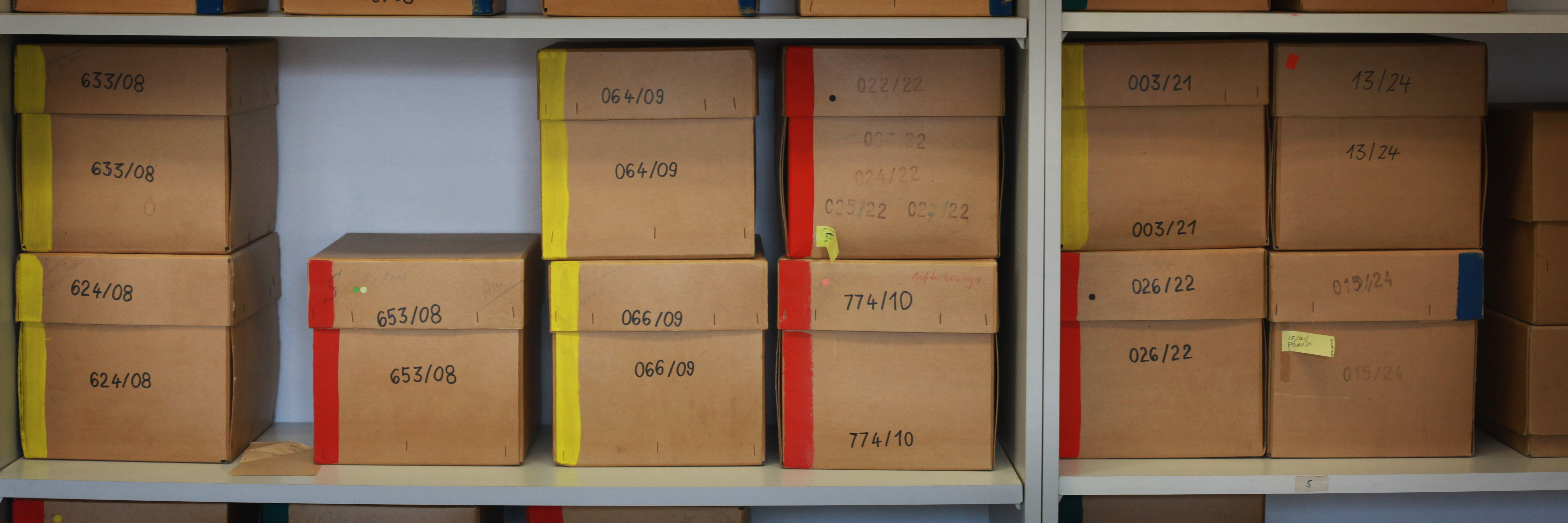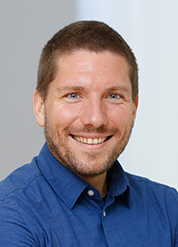Over Their Dead Bodies
Underlying Axioms and Contemporary Use and Handling of Human Remains from Institutional Collections

Prinsipal Investigator

Jonatan Kurzwelly
Senior Researcher
Peace Research Institute Frankfurt
Project period
2024 – 2027
Abstract
Historically, human remains, and skulls in particular, have been repeatedly used to construct arguments justifying racialization and racism, confining people to fixed notions of identities and legitimising violent systems of exploitation and oppression. The hundreds of thousands of human remains amassed in numerous 'collections' across the world constitute an ethical and political challenge of reckoning with the violent past, its legacies and continuities.
One central concern of contemporary practice is the examination of histories of the amassed mortal remains (i.e. provenance research) and their repatriation. In most cases there is limited or no biographical information available about concrete remains and the individuals they belonged to. Historical and biological research methodologies provide the basis upon which human remains are ascribed to a particular identity group and returned to putative contemporary representatives of that group. This process is riddled with ethical, conceptual, methodological and political issues that necessitate trans-disciplinary scholarly attention.
Some of the key issues which this group, in collaboration with different stakeholders, is critically examining include: reliance on scholarly and folk ethno-racial classifications in bioanthropological ‘ancestry estimations’; conflation of biological population categories with socio-cultural identities; ascription of socio-cultural group belonging based on scarce historical information; reproduction of racialized ethnic and national categories in political practice; and the ethics of continuous storage and handling of remains. These problems are analysed with particular emphasis on regional contexts, and the biases in differential treatment of remains depending on their origin.
Members
- Joanna Karolina Malinowska, Assistant Professor, Adam Mickiewicz University
- Paul Wolff Mitchell, Postdoctoral Fellow, University of Amsterdam
- Phila Msimang, Senior Lecturer, Stellenbosch University
- Malin Wilckens, Researcher, Leibniz Institute for European History
Hosting Institutions
- Freiburg Institute for Advanced Studies (FRIAS)
- Centre for Advanced Study (CAS) at The Norwegian Academy of Science and Letters
- Wissenschaftskolleg zu Berlin (WIKO)
- Netherlands Institute for Advanced Study in the Humanities and Social Sciences (NIAS)
- Scienza Nuova, Italian Institute for Advanced Studies in Torino “Umberto Eco”
- Hamburg Institute for Advanced Study (HIAS)